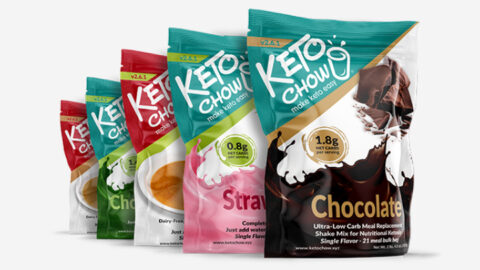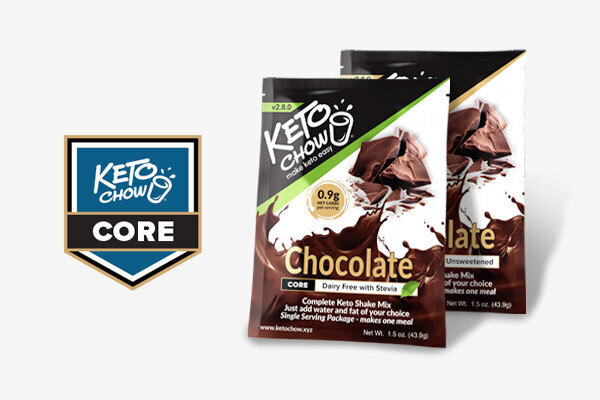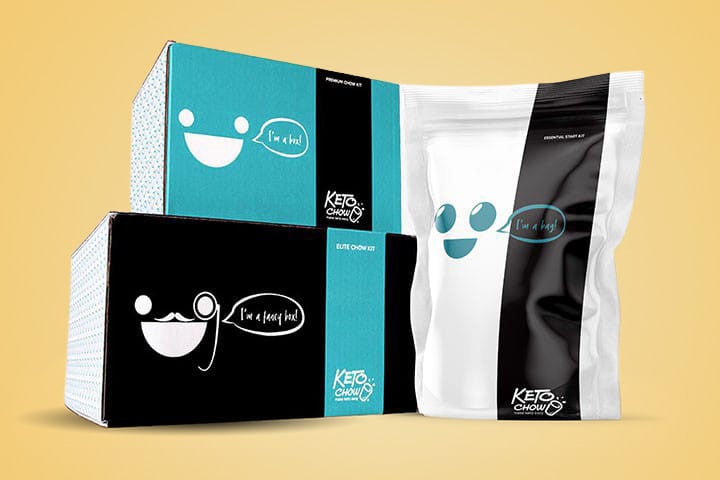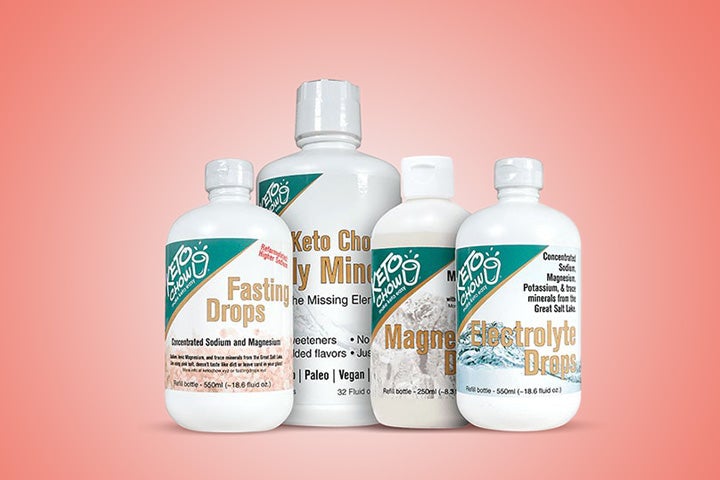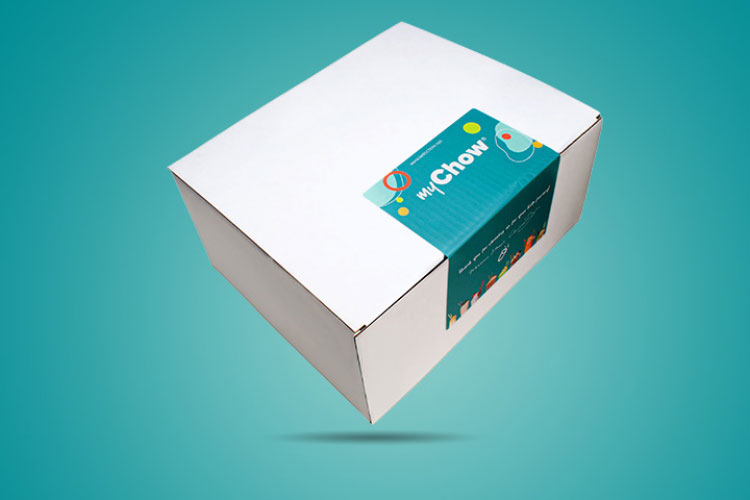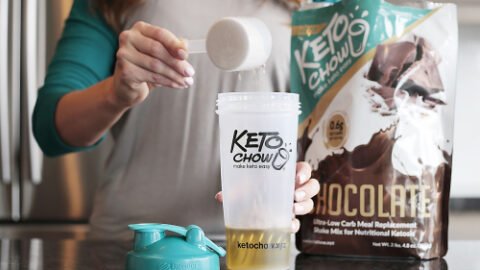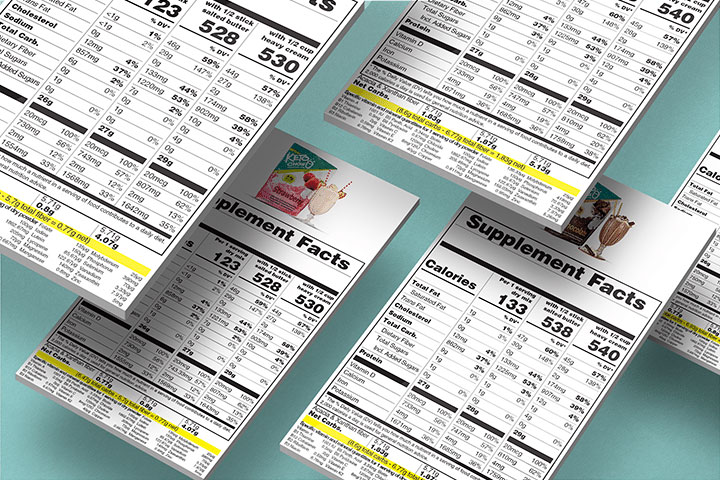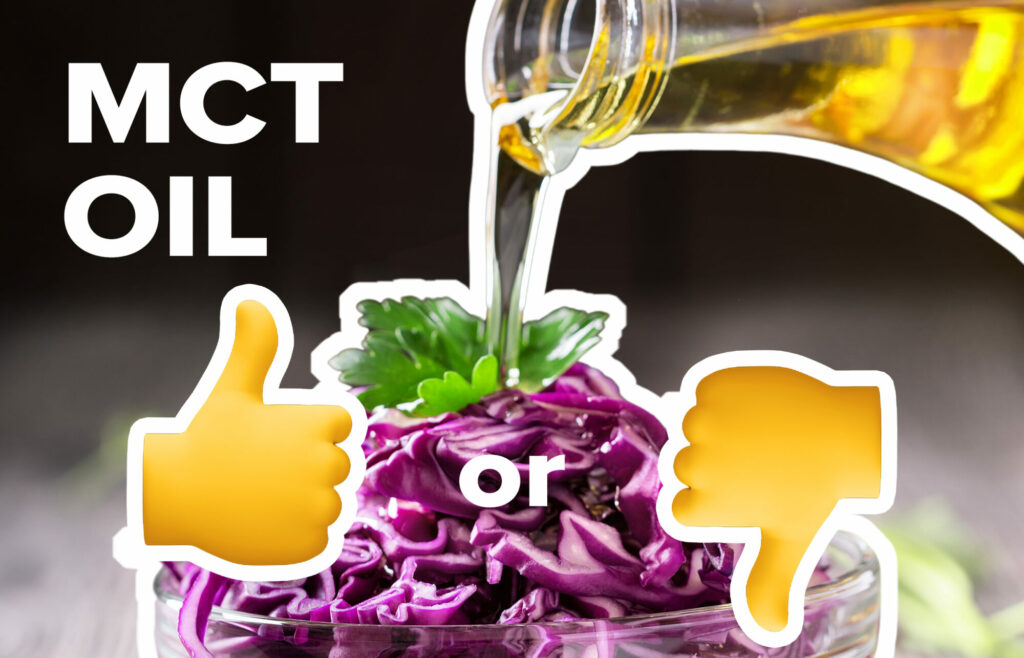With all the recent hype, if you’re new to keto, you might think it’s part of the “protocol” to put MCT oil in your morning coffee or that MCT oil is required in order to be successful. It isn’t. You don’t have to use MCT oil at all, but it does have some unique and interesting properties that are worth knowing about.
Let’s start with a quick primer on MCT oil. What is this stuff anyway, and why would anyone be wondering whether it’s beneficial on keto?
What is MCT Oil?
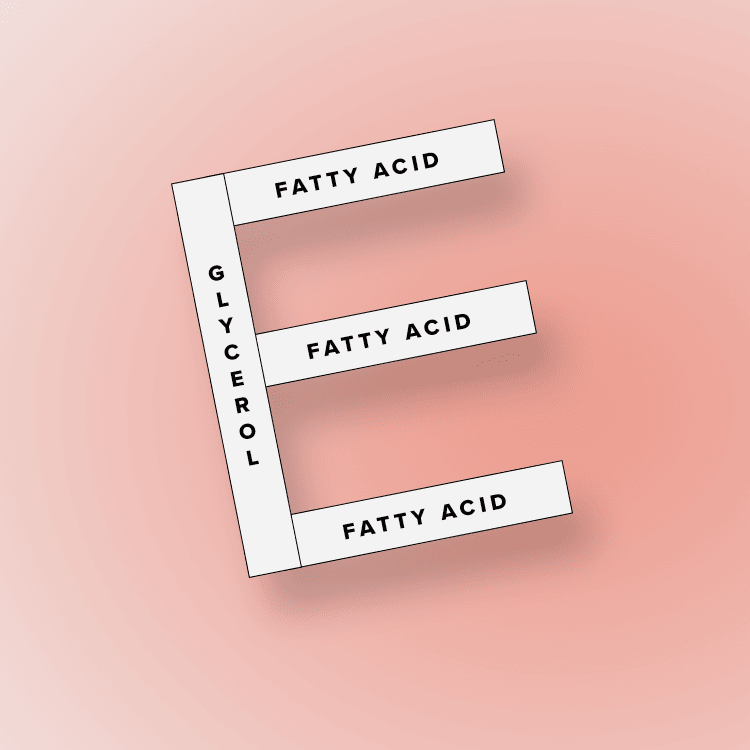
This is the nerdy stuff. Skip down if biochemistry isn’t your thing.
MCT stands for medium-chain triglyceride. Triglycerides are molecules that contain 3 fatty acids bound to glycerol. (Think of a capital letter “E” – if the 3 fatty acids are the small horizontal lines toward the right, then glycerol is the longer vertical line on the left.) The medium in “medium-chain” comes from the number of carbon atoms in the fatty acids.
Medium-chain fats contain six, eight, or ten carbon atoms, and some sources also include 12-carbon fats in this category. Contrast this with other kinds of fatty acids, like the long-chain fats stearic acid and oleic acid (the main fats in beef and olive oil, respectively) which both have 18 carbons, or the short-chain fat butyric acid in butter, which has four carbons.
Medium-chain fatty acids occur naturally in some foods. The richest source is coconut, with smaller amounts found in palm kernel oil and dairy products—sheep and goat milk, in particular. In fact, the names of the medium-chain fats that have 6, 8, and 10 carbons are caproic acid, caprylic acid, and capric acid, respectively. These come from the Latin capra, for “goat.” (Like Capricorn.)
What is MCT Oil made of?
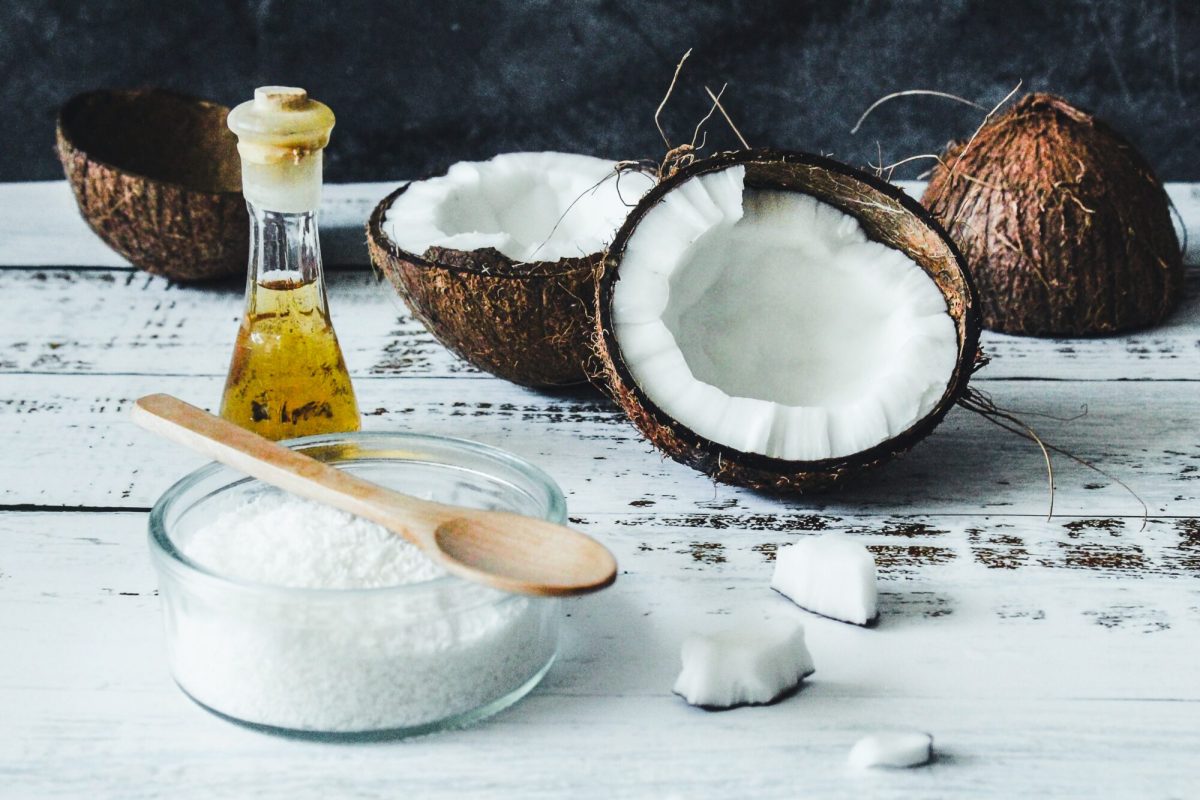
MCT oil is created by separating out medium-chain fats (typically sourced from coconut) and combining them together so that the triglyceride molecules contain only medium-chain fats. So, technically a “medium-chain triglyceride” is a triglyceride molecule that contains 3 medium-chain fatty acids.
How is MCT Oil different from other fats?
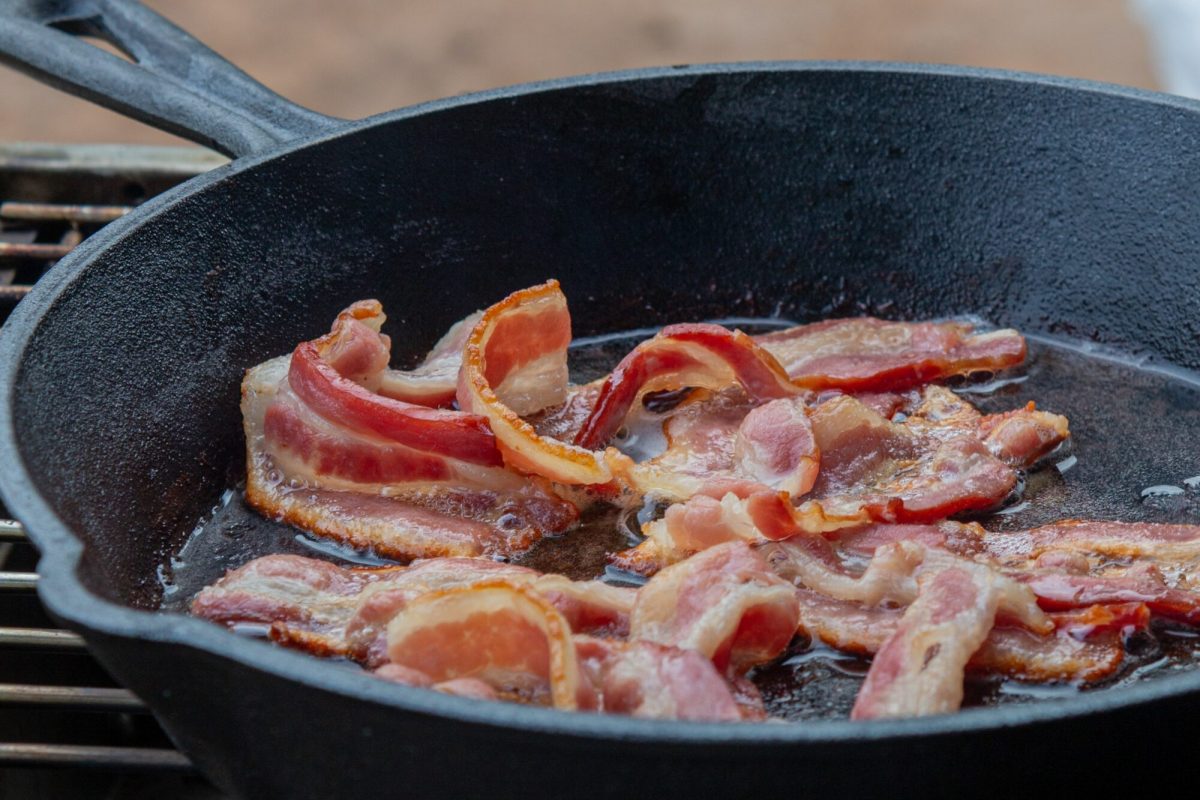
Don’t worry about understanding the biochem here. (Nobody’s going to quiz you on this stuff!) The part you need to know is that medium-chain fatty acids (MCFAs) are digested and absorbed differently than other kinds of fats. Unlike the fats in, say, bacon or lamb, they don’t require bile to be broken up and they don’t pass through your lymphatic system before getting into your bloodstream. They go directly from your intestine to your liver, and your liver converts these MCFAs more readily into ketones than it does other fats.
The MCFAs that aren’t converted into ketones are sent out from the liver to provide fuel for various cells. MCFAs get into your mitochondria—the “energy generators”—more easily than other kinds of fat. (Most fats require the amino acid carnitine to escort them into mitochondria, but MCFAs can get in all by themselves.) There’s more to it than this, but the bottom line is, MCFAs are more likely to be burned for fuel than they are to be stored as body fat. (This doesn’t mean you can consume an unlimited amount of MCT oil without gaining body fat, though.)
The biggest difference between MCTs and other fats, though, is that because of the unique way they’re metabolized, your body will convert some of the MCFAs into ketones regardless of the kind of diet you eat. This means that consuming MCT oil can raise your ketone level even if you don’t follow a ketogenic diet—an effect that might be beneficial in certain situations. (More on this in a bit.)
This ketone boost is why you see people adding a splash of MCT oil to their coffee or tea. Some people find it helps clear away the morning cobwebs. But it’s important to note that this isn’t universal! You might try it and not notice any difference. The only way to find out is to do your own experiment, with yourself as the subject.
Do you need MCT Oil?
The quick answer here is probably not. If your main goal in following a keto diet is to lose body fat, MCT oil isn’t going to make that happen more quickly or easily. There’s no evidence that it facilitates or accelerates weight loss, nor that it helps reverse type 2 diabetes, metabolic syndrome, or any other issue related to chronically high blood sugar or insulin. (Very low-carb diets are effective for this all on their own, without any emphasis on using MCT oil.)
Including MCT oil in your diet isn’t going to hurt you, but it probably won’t do much to help. People have used low-carb diets successfully for weight loss and improving things like diabetes and hypertension for over 150 years—long before MCT oil existed. (To clarify, medium-chain fatty acids have always naturally occurred in foods, but only in small amounts. The technology used to isolate these individual fats and combine them into a concentrated oil in mass quantities is new.)
It’s true that using MCT oil will raise your ketone level, but having higher ketones doesn’t cause faster weight loss. Under normal circumstances, ketones are the result, not the cause, of breaking down fat. When you follow a very low-carb diet, your body makes ketones as a byproduct of burning fat: in fact, the term “ketogenic diet” was coined because your body generates ketones. And those ketones come because a very low carbohydrate intake is keeping your blood sugar at a healthy low level, which means your insulin stays at a healthy low level, and this—lower insulin—is one of the primary controllers of ketosis.
Getting ketones through other means—like using MCT oil—doesn’t induce the same metabolic effects that are believed to be responsible for weight loss and reversing metabolic syndrome and related health issues.
Special Uses for MCT Oil

Just because MCT oil probably isn’t beneficial for fat loss or reversing chronic metabolic conditions doesn’t mean there are no applications for which it has important therapeutic potential. A growing body of research indicates that MCT oil—or, more specifically, the ketones that come from it—may be beneficial for people with neurological and neurodegenerative disorders.
Therapeutic ketogenic diets were originally developed for children with epilepsy in the 1920s. And while some people enjoy every minute of following an ultra-strict keto diet, for others, sticking to it for the long term can be difficult. Fortunately, recent research shows that when MCT oil makes up a substantial portion of the fat in the diet, carb intake can be a little more generous while still helping to reduce seizures.
Alzheimer’s disease is another condition for which using MCT oil to elevate ketone levels might be especially helpful. The main problem in Alzheimer’s disease is that the brain is not taking up and metabolizing glucose properly. It has been shown, however, that even though brain uptake and use of glucose is compromised, uptake and use of ketones is not. And numerous clinical trials have now shown that many Alzheimer’s patients have improved cognitive function when they consume MCTs on a regular basis. (The same has also been shown for patients with mild cognitive impairment, which is the precursor to Alzheimer’s.) So, it seems that the ketones resulting from use of MCT oil can serve as a kind of alternative fuel to glucose to provide energy for these otherwise starving neurons. Additionally, while most other fats can’t cross the blood-brain barrier, MCFAs can, so they can either be used as fuel directly, or they can be converted into ketones by one type of brain cell called astrocytes and then passed along for neurons to use.
How to Incorporate MCT Oil Into Your Diet

Regardless of whether it facilitates fat loss or improves cardiometabolic health, if you’d like to try MCT oil, here are some ideas for using it in your diet:
- Add a small amount to your morning coffee or tea.
- Add a small spoonful to a smoothie or protein shake.
- Combine it with olive oil, avocado oil, or another oil to make homemade salad dressing.
- Look for recipes that call for MCT oil (such as Keto Chow Orange Jello or Keto Chow Raspberry Cheesecake Jello).
- Substitute a small amount of MCT oil in place of a different oil in keto baked goods. (Check with the recipe creator to make sure it would work; some recipes may call for a specific kind of fat or oil for the best results.)
A word of caution: if you’re new to experimenting with MCT oil, go slowly! Use only a small amount at first—less than a tablespoon at a time. Going overboard on MCT oil can cause upset stomach and/or loose stools. (Most people can increase their tolerance by gradually increasing the amount they use.) You might also want to use MCT oil in the earlier part of the day rather than in the evening, in case you find the rise in ketones energizes you.
Summing Up
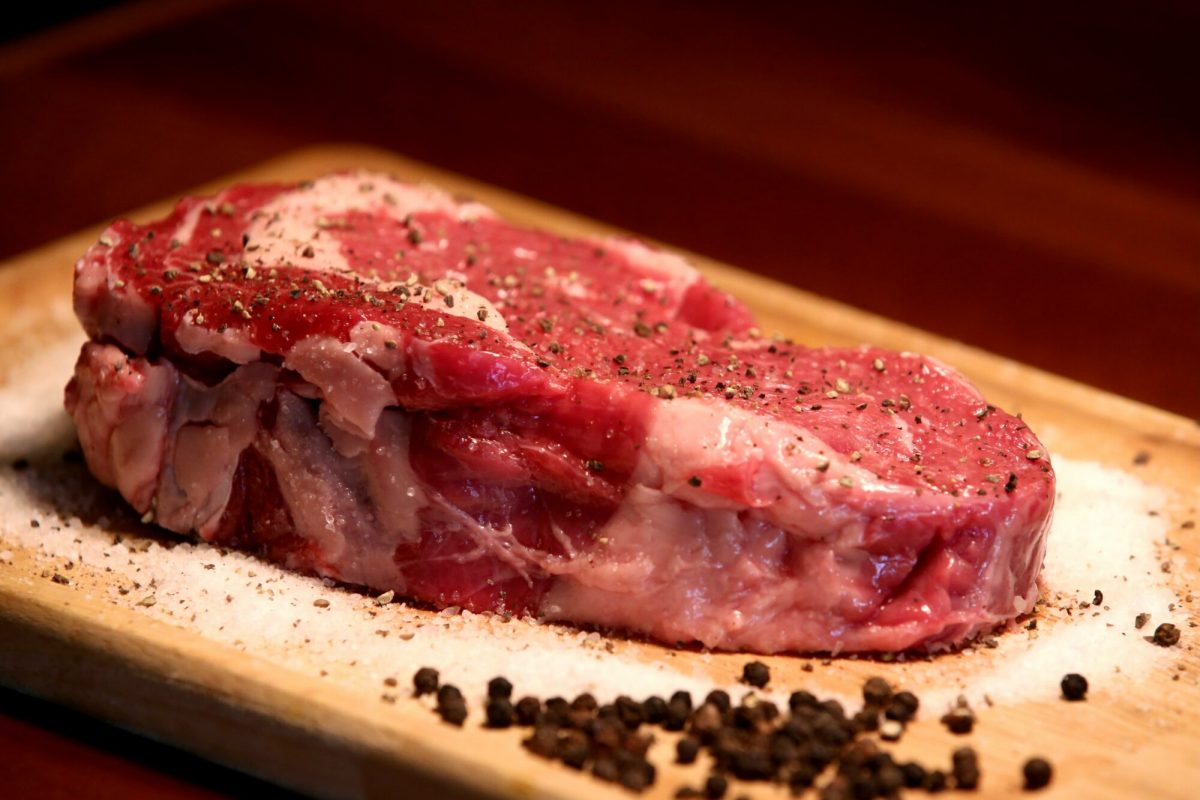
Would MCT oil be beneficial for you? It depends. What is your current situation and what are your goals? Where you’re starting from and what you’re looking to accomplish will determine whether MCT oil would be worth trying, or whether you’d be better served spending those extra dollars on fatty meats, non-starchy vegetables, and other keto diet staples.
